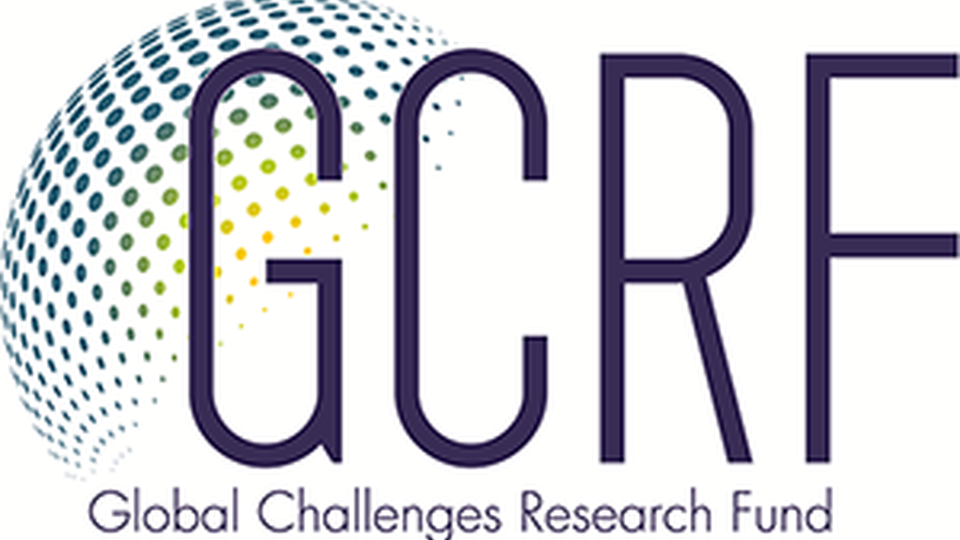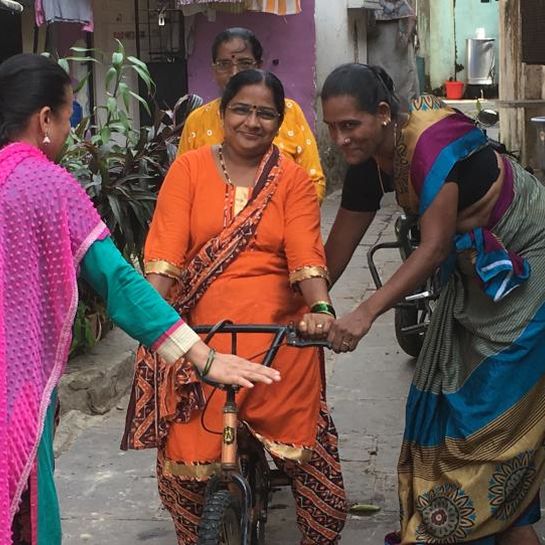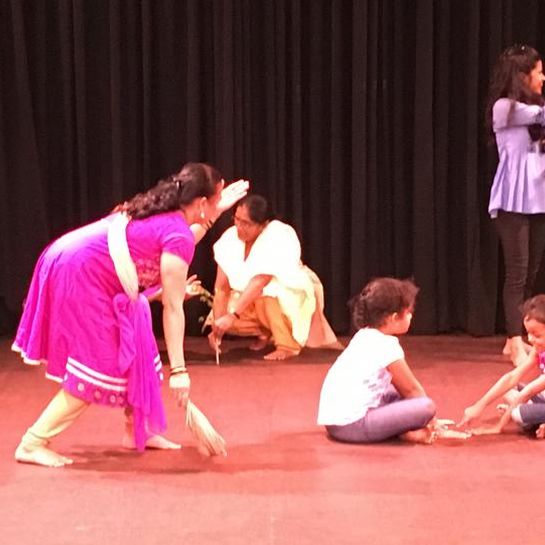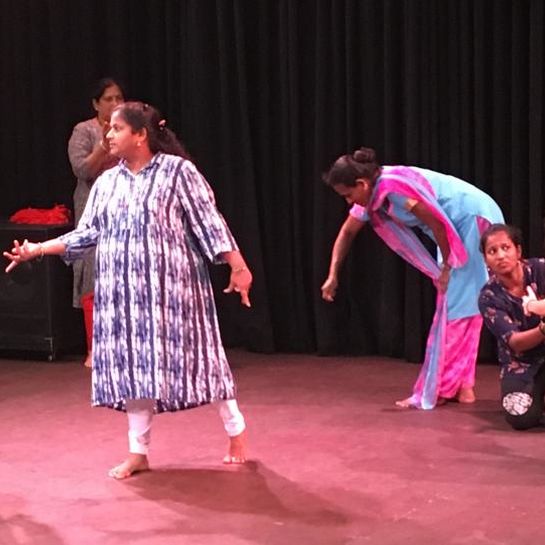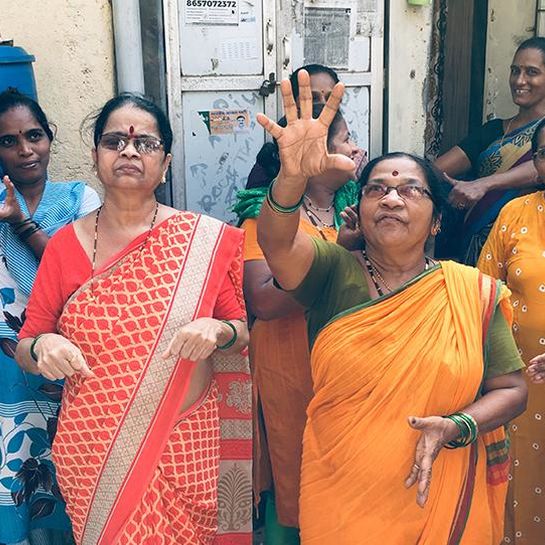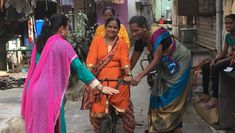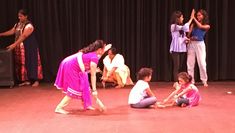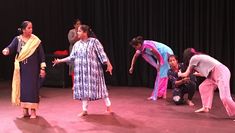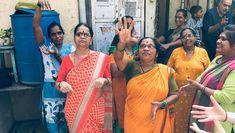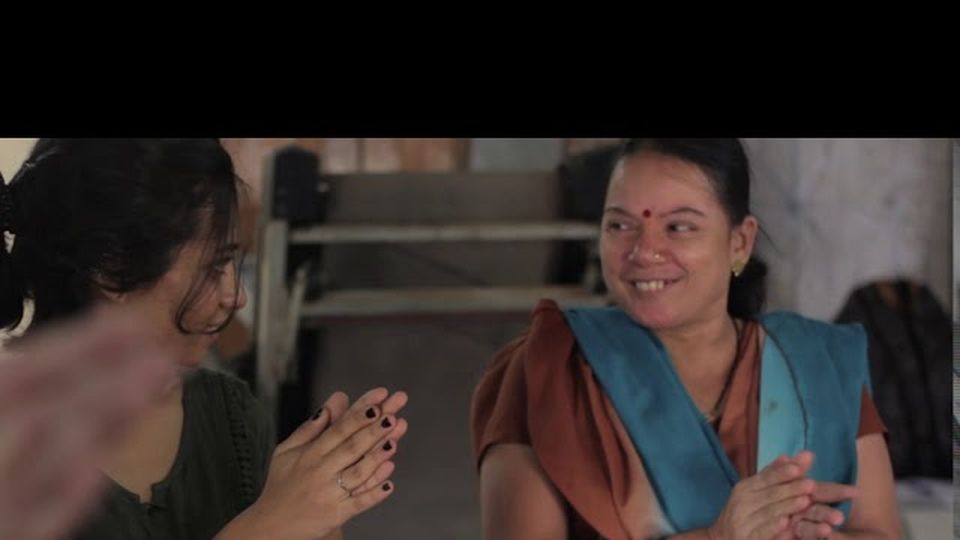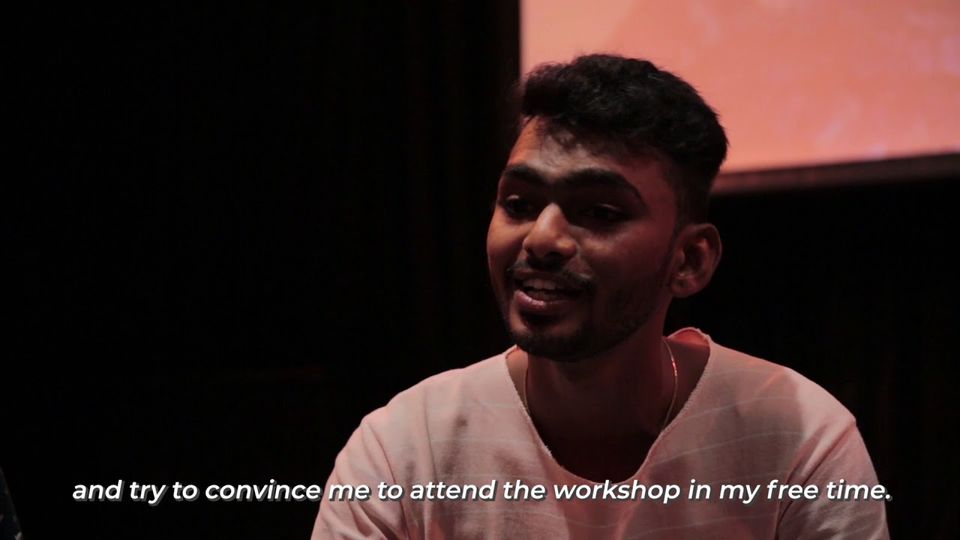Image
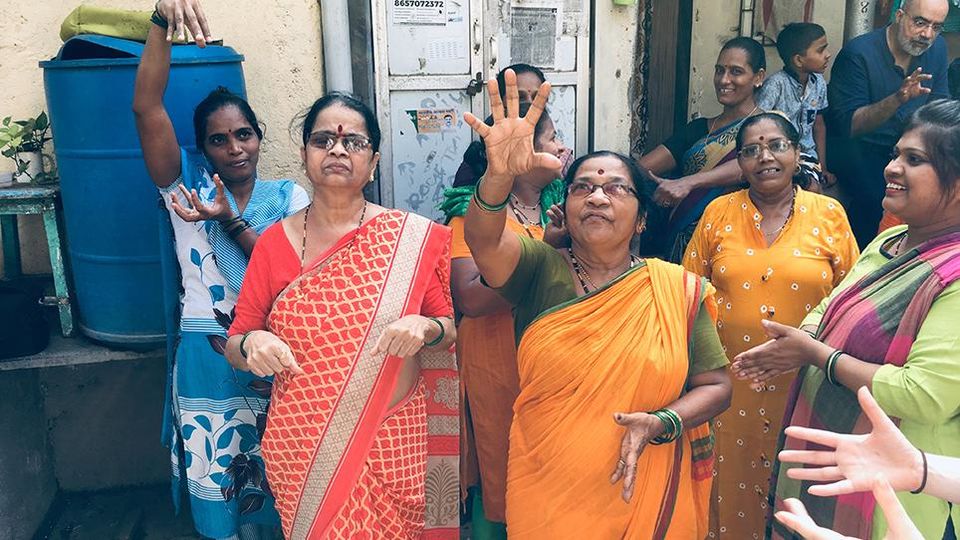
About the project
Worli Koliwada: My Neighbourhood, My Responsibility is a four-year GCRF-funded project exploring sustainable living in informal housing settlements.
Worli Koliwada (a home that opens to the sea) is a fishing community situated on the south of the Bay of Mumbai. The area houses 8,000 people mostly of the Koli (fisher) Caste. Worli Koliwada is surrounded on three sides by the sea into which untreated sewage is deposited. The housing comprises low single-storey, often single-space dwellings with no running water or sanitation resulting in high levels of marine pollution from human waste. Estimated at 12 million, 40% of Mumbai’s population live in slums or other forms of degraded housing and 5-10% are pavement-dwellers.
The UNDP Human Development Report 2006 claimed there was, on average, one toilet for every 1,440 people living in slum regions in Mumbai, and the mortality rate is reportedly 50% higher than in surrounding areas. Koli social reality is one of oppression, based on three axes: social, economic and gender. Women are marginalised on all three counts. They are particularly vulnerable to abuse: 62.4% experience verbal abuse, 54.7% physical abuse, 46.8% sexual harassment, 43% live with domestic violence and 23.3% are victims of rape.
The project
Worli Koliwada is a four-year GCRF-funded project exploring sustainable living in informal housing settlements, centring on women’s inequality and possibilities for women’s agency in sanitation, waste disposal (including human waste), and the lack of space and sense of isolation engendered by crowded living conditions. In partnership with G5A Foundation for Contemporary Culture, a not-for-profit organisation based in Mumbai, Dr. Selina Busby, with theatre director Divya Bhatia, undertakes KE-led research activity that seeks to understand the issues around poor physical and mental health and lack of self-advocacy for Koli women and propose sustainable community-led solutions to gender equality.
Activities to date
In June 2018, Dr. Busby and local drama facilitators, collaborated with two community groups – one of 30 young people, the second of 20 women – running a series of workshops using storytelling to identify matters of celebration and areas needing change within their geographical communities. By encouraging the development of support networks, the workshops sought to provide sustainable community-led solutions to issues of welfare in the community. Building on long-standing research relationships and cross-sectoral networks, the project embeds research within local communities and organisations. The workshops enabled isolated women in the community to come to together, develop a support network and access a safe space in the form of a local arts centre in which they now meet weekly. The projects also enabled the young people to start to develop the confidence to talk about issues that are taboo in their wider community.
In 2019, over ten weeks with two groups of women, the team explored how lack of space impacted the women’s health and how participation in a co-devised theatre could improve their mental health and contribute to their advocacy for spatial justice. Outputs include three performances devised and performed by the women that demonstrated changes from girlhood to adulthood in accessing outside spaces, how restrictions on access to public spaces affects participation in civic life, and equitable use of spaces in future.
The women have developed a support network to discuss the issues of access to space, and they now have access to the café and performance spaces in G5A. The performance work has raised awareness – across caste, class and community - of the women’s lived experience of spatial injustice within the wider community of Worli itself and developed strategies for their self-advocacy.
Dr. Selina Busby’s Applied Theatre Research is available on YouTube: July 2020 and October 2020.
In 2020 due to COVID restrictions the project team led by Bhatia, worked in partnership with a Mumbai based NGO, Youth for Unity and Voluntary Action, in four areas of North Mumbai classified slums. The team brought together 38 young women from these regions and created 20 short performances that explored their common fears and lived realities of gender-based violence, isolation and insecure housing. The project was co-facilitated by three of the youth who were participants in the Concrete Utopias in Dharavi project.
